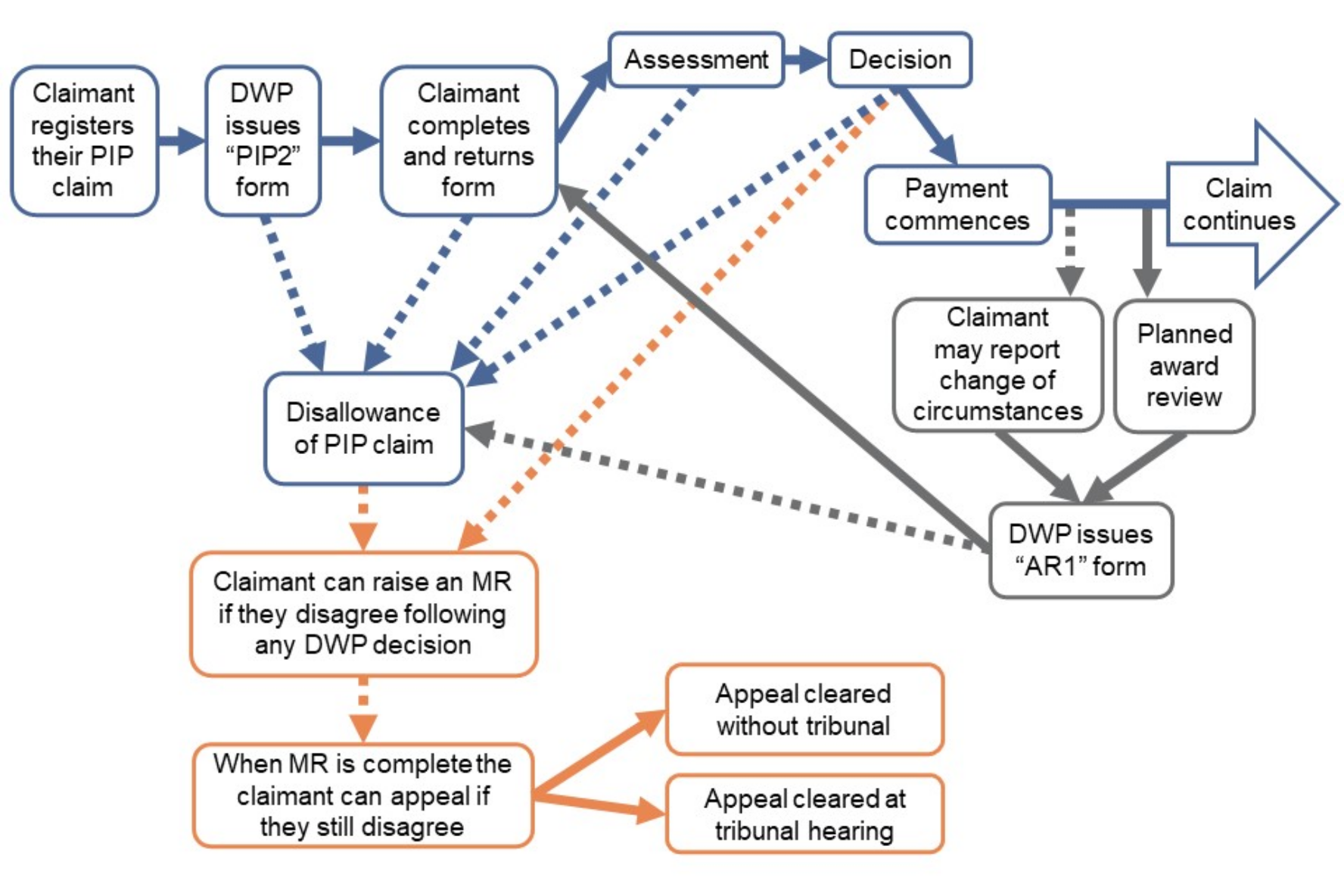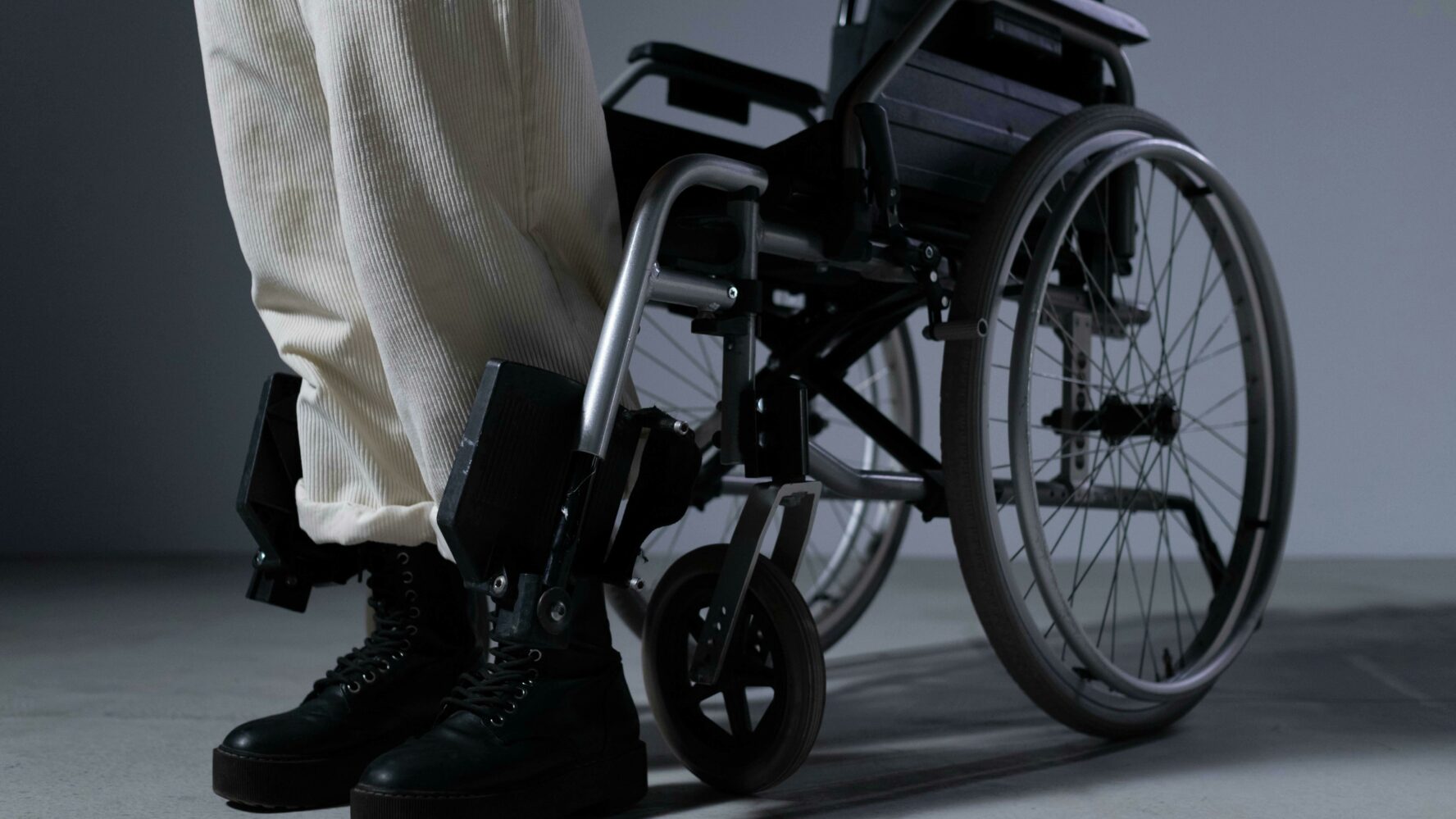
Disclaimer: The views and opinions expressed in this blog are those of the individual authors at the time of writing. Any content in this blog by people with lived experience is their opinion, and provides a place for them to share their valuable insights of debt, poverty, and other issues that matter to them.
Being on benefits or the thought of having to claim benefits genuinely strikes fear in people. Considering how many hoops you seem to have to jump through for the low financial ‘reward’, people don’t, as the media would report, go into it lightly.
Another damaging notion is the concept of ‘benefit scroungers’ with news articles with the term filling 11 pages of a general search on Google.
Not all benefit claimants are benefit cheats and fraudsters, and this is a disclaimer that needs to be stated. Labelling every single benefit claimant with the same brush feeds into the mentality of gaslighting and gerrymandering people receiving benefits.
When in reality, benefits and the welfare state, in general, are a social need in our society. Without the support of the government then there would be a sharp increase in homelessness, and the potential for increases in non-violent and violent offences, putting further strain on our already over-capacity criminal justice system.
A benefit is a social right, not a privilege that should not be under threat.
Support agencies from CAP to Citizen’s Advice do amazing work every single day, not only fighting for the rights of people on benefits, but making sure people are on the right benefits. But their work is hampered by cuts and restrictions in funding and the complex nature of the welfare system. I feel that this is made worse by new changes to benefits which were supposed to make it more streamlined and easierfor claimants, the Department for Work and Pensions and the government. But I think it means the poorest in our society also miss out on other benefits and a cut in income.
Making a claim and retaining your benefit is not only a postcode lottery, but it’s also a numbers’ game.

My experience with PIP
1. The application form
We might as well start with the most challenging of them all…the dreaded Personal Independence Payment (or PIP for short).
The process of a PIP claim starts with what I would describe as ‘the most ridiculously long form’. In the form, you’re asked questions about ‘how your disability affects you’, but because the form is standardised, it means there are questions that may not be relevant to you. You pass on questions because it doesn’t affect your disability; walking up to 10 feet is a good question for some, but not others. As you’re skipping questions, I for one, found myself thinking ‘I won’t end up getting this benefit because they’ll just think I’m putting it on’ and that’s the worst way to think because not every disability affects everyone in the same way. So, I personally think that standardised forms do not, and will never work.
2. The PIP assessment
After filling out the form, someone in an office miles away decides whether to send you for an ‘assessment’. According to the official sources, this is ‘a functional assessment to understand how your health condition or disability affects you.’
We need to address the elephant in the room, and that’s pre-assessment anxiety.
The assessment can bring tension, stress, and worry, for those with or without this as a medical condition. The knowledge that your assessment is coming up starts to build extra stress levels and anxieties.
The next problem is that a claimant then has to explain-in sometimes gruesome detail-their medical condition to a nurse and sometimes a physiotherapist or occupational therapist; a medical diagnosis from a hospital or your GP is not good enough. Rather than trusting your own GP or specialist who knows your condition well, you must lay bare your whole life and medical condition to a nurse who you’ll likely never see again.
With the process of laying bare all your medical problems and life, in some cases, you start to wonder how much your case had just become a box-ticking exercise.
Do you remember the expression from an old legend, Bruce Forsyth, who said ‘Points mean’ and the audience would respond ‘Prizes?’- this is how I feel our benefit system is working in this modern age.
It feels like a cheap game show where it’s pot-luck to access disability benefits.
Just for the standard rate on both daily living and mobility, you need a minimum of eight points or more, or for the enhanced rate, it’s twelve points or more! Why are we working on this kind of system? How is it fair for this system where, if you don’t meet the required points, you lose the benefit and any vehicle, disability bus pass or railcard that you need?
3. Decision-making
The next part of the process is where the PIP application goes to a ‘decision maker’. Basically, this is someone sitting in an office behind a screen looking at it and making a decision based on ‘evidence’. The decision they’re making is around whether you’ll receive the support you need.
PIP is a massive lifeline for those who are disabled. If the decision is made that someone is no longer entitled to this support, this benefit can be whipped from under your feet.
Having PIP taken away can leave you feeling like you’ve been hit by a ten-tonne piece of rock, and you’ve lost your life jacket.
Suddenly that lake of life you were happily paddling on has turned into a nightmare, and you find yourself at the bottom of the lake, struggling to reach the surface no matter how much you try.
4. Mandatory reconsideration
The next part of the process if your application is unsuccessful is to appeal the decision. This is called a‘mandatory reconsideration.’. It feels like they make it as difficult, arduous and stressful as possible in the hopes you give up or withdraw from the process. Some people might question how PIP are going to change their mind when they’ve already made that decision, especially if you don’t have any new evidence about your medical condition.
So at this point, I, and I’m sure many others, felt like giving up. Having been through a stressful process, prolonging that makes a person’s mental health even worse.
The whole process makes you feel ashamed to even have a disability because you’re being pushed beyond your own capabilities and stress levels.
5. Appeal tribunal
If you’re unsuccessful at a ‘mandatory reconsideration’, the next step is the ‘appeal tribunal.’ In my case, I was lucky; when my PIP failed at the ‘mandatory reconsideration’ I took it forward to the appeal tribunal, but before a date was set, I had a phone call from someone from PIP. They were confused why I had twelve points when I first got PIP, but suddenly lost them all despite no actual change in my circumstances. Luckily, she reviewed it, and then I got PIP back again for another three years.
I consider myself to be very lucky because this meant that I didn’t have to go to the tribunal stage. But, many aren’t as fortunate as me and still have to go through the horrible tribunal process. They have to once more feel like they have to justify their own disability which they were born with or have due to an accident or injury.
If unsuccessful, this leaves people in a worse financial position and plunges people like me into poverty. People then have to rely on friends and family to keep them afloat financially.
I have a personal friend who summed up her view of the process in her own words:
“I felt so depressed going through the whole process, outlining my health and everything I can’t do.
I had to justify everything; they assume you’re lying until you can prove that you’re entitled to PIP.
It’s sad because a lot of people can’t physically face an appeal so they don’t go through with an mandatory reconsideration. I understand totally how they feel. Unfortunately, or fortunately, I HAD to be prepared to appeal because I couldn’t survive without PIP funds. I just wish the system was fair. I understand it can’t be too easy because otherwise everyone could receive it, but it could be a lot less traumatic for those who should qualify”
I feel at times that the process is designed not to give those who need it the most the help they need. Change is needed to ensure people who need it receive the support they’re entitled to through a system built on compassion.
Stu
About the author:
Stu was supported by CAP to become debt free, and is on a mission to help others. He became a Christian following a CAP charity event, and now knows God’s hand on him in his life. Read more of his brilliant blogs below:



